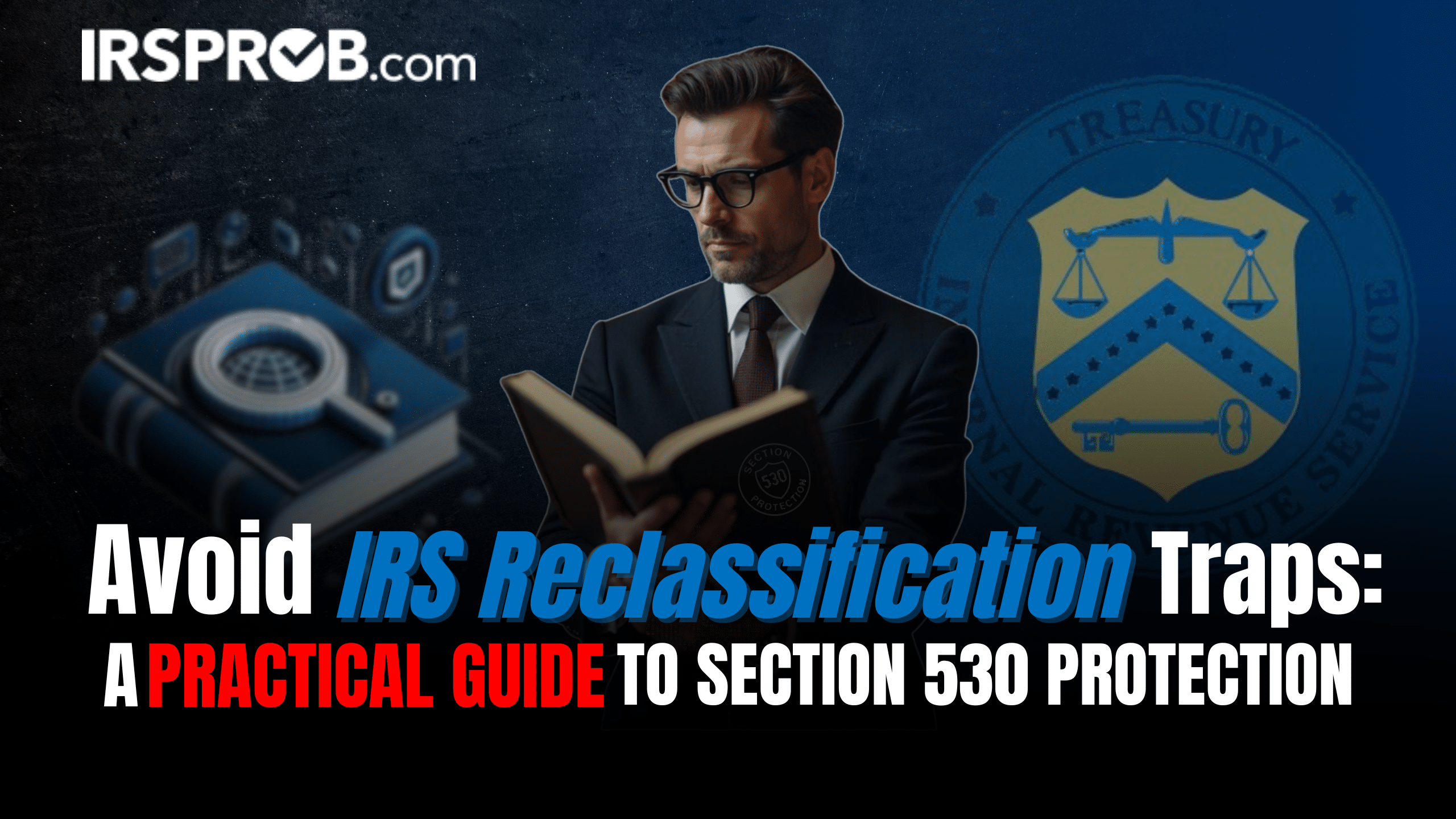
In recent news, the story of Omar Khater, a New Jersey tax preparer, highlights the severe consequences of engaging in tax fraud. Khater was sentenced to 57 months in prison for orchestrating a scheme that involved filing false tax returns and stealing millions of dollars. This case serves as a stark reminder for business owners about the importance of compliance and the potential risks of fraudulent activities.
The Case: A Deceptive Scheme
Omar Khater, along with a relative, masterminded a plan to exploit the tax system by stealing identities and filing false tax returns. They falsely claimed income and reported millions of dollars in gambling and lottery winnings. By doing so, they manipulated tax withholdings, making it appear that the individuals they impersonated were entitled to large refunds. The IRS, unaware of the fraud, issued $4.49 million in refunds, which Khater and his accomplices diverted into accounts they controlled(Newsletter+July+2024).
The Fallout: Legal and Financial Consequences
The legal repercussions for Khater were significant. Beyond the prison sentence, he was ordered to pay $4.49 million in restitution to the IRS. This case illustrates how the legal system aggressively pursues individuals who commit tax fraud, underscoring the importance of honesty and integrity in tax reporting.
Financially, the implications of such fraudulent activities can be devastating. Khater’s scheme not only defrauded the IRS but also put innocent individuals at risk by using their stolen identities. The impact of tax fraud extends beyond the perpetrator, affecting victims whose identities are compromised and undermining public trust in the tax system.
Lessons for Business Owners
For business owners, the Khater case offers several important lessons:
- Compliance is Crucial: Adhering to tax laws and regulations is essential for maintaining the integrity of your business. Non-compliance can lead to severe penalties, including fines and imprisonment.
- The Risks of Fraudulent Schemes: Engaging in or even being associated with fraudulent schemes can damage your reputation and business operations. It’s vital to conduct due diligence and ensure that all financial activities are above board.
- Protecting Personal Information: Identity theft is a serious issue, and businesses must take steps to protect sensitive information. Implementing robust security measures can help prevent unauthorized access and misuse of personal data.
The Role of Tax Professionals
Business owners should work with reputable tax professionals who adhere to ethical standards and provide accurate advice. A qualified tax advisor can help navigate complex tax laws, identify legitimate deductions, and ensure compliance with all filing requirements. Choosing the right tax preparer is crucial, as their actions directly impact your business’s financial health and legal standing.
Conclusion
The story of Omar Khater is a cautionary tale for all business owners. It highlights the severe consequences of tax fraud and emphasizes the importance of maintaining ethical standards in all business dealings. By prioritizing compliance and working with trustworthy professionals, business owners can protect themselves from legal troubles and focus on growing their enterprises.
If you have concerns about your tax situation or need guidance on compliance, contact IRSProb.com for expert advice. Our team is dedicated to helping businesses navigate the complexities of tax laws and achieve peace of mind through ethical and transparent practices.









